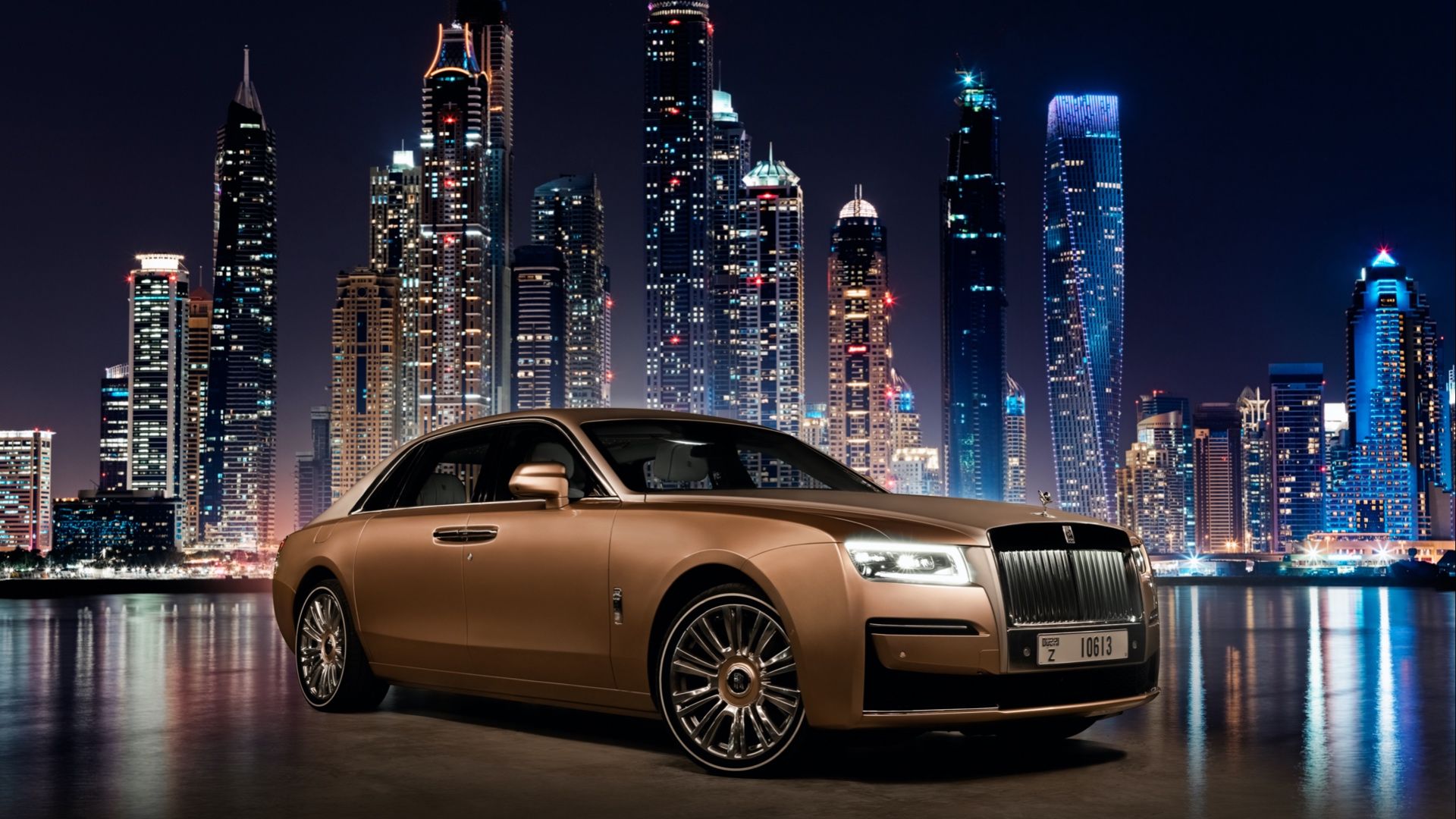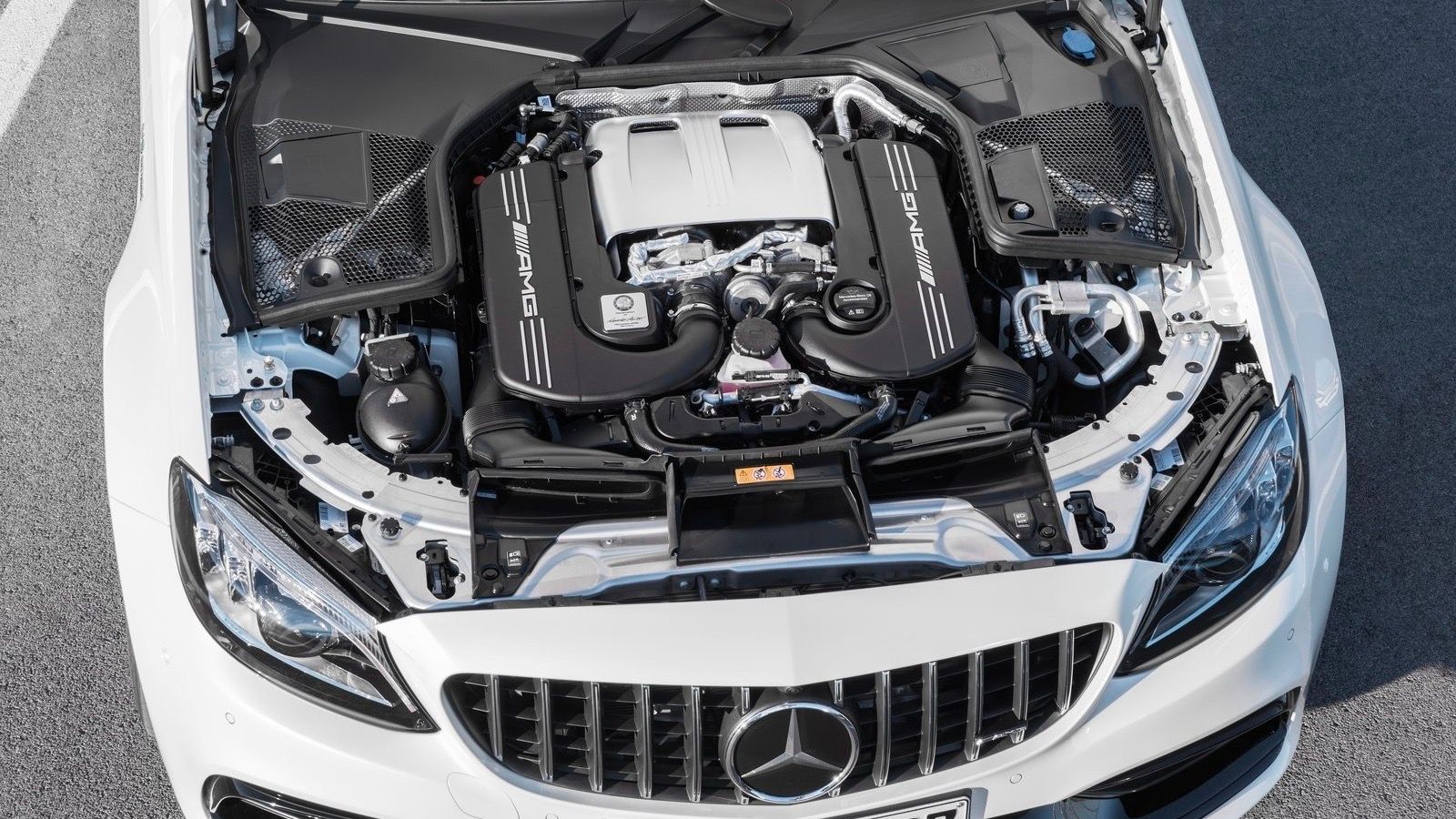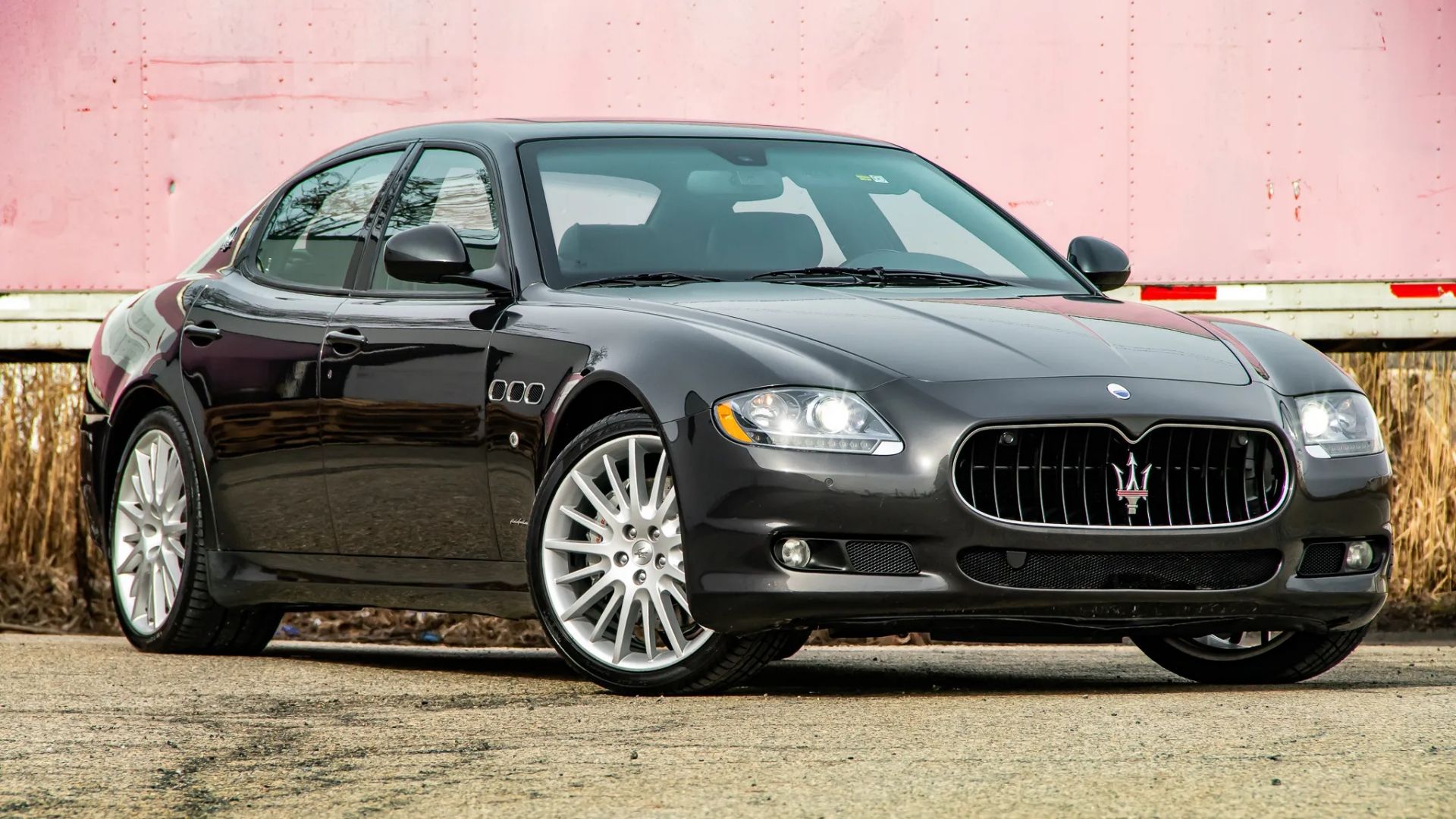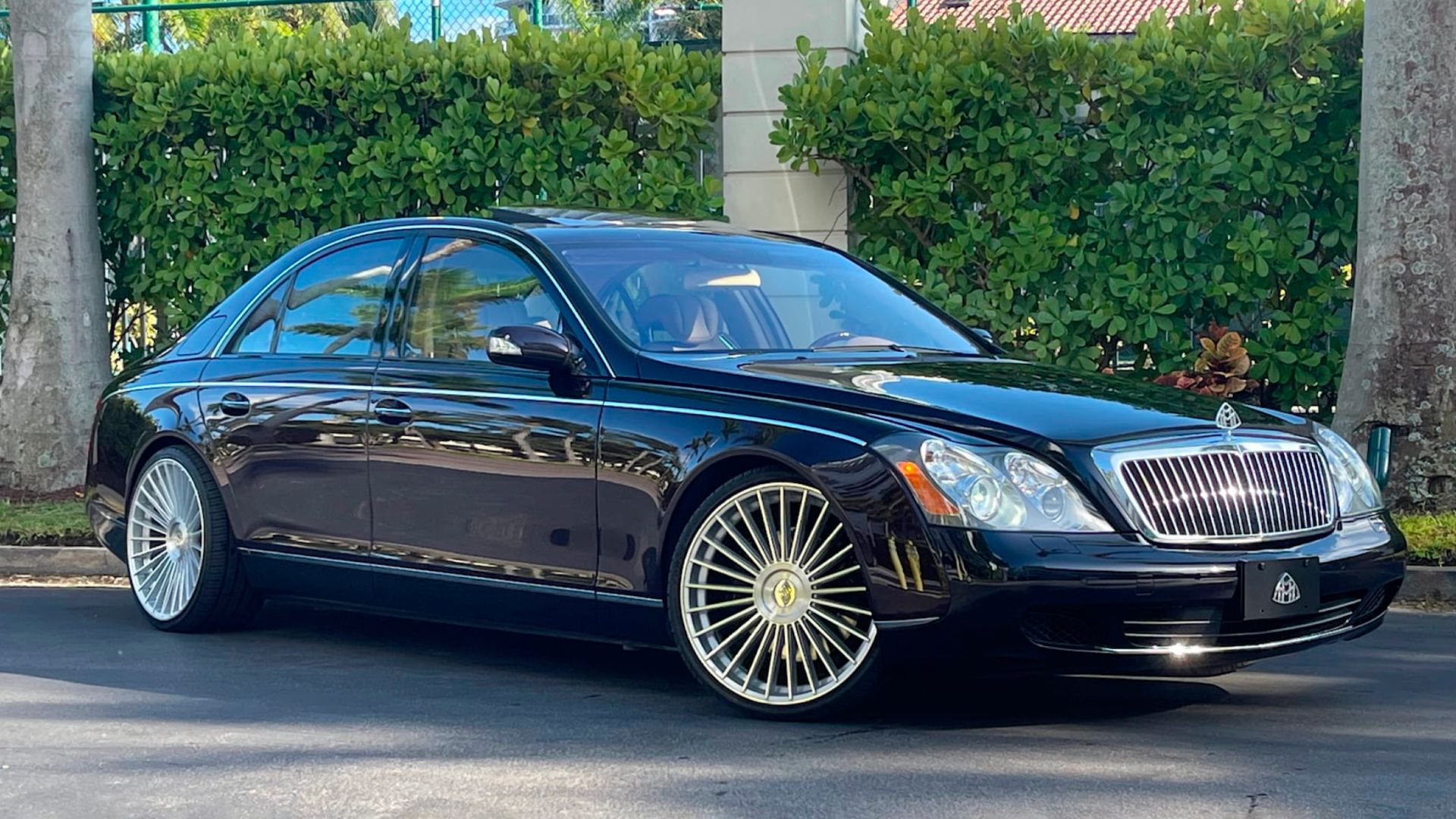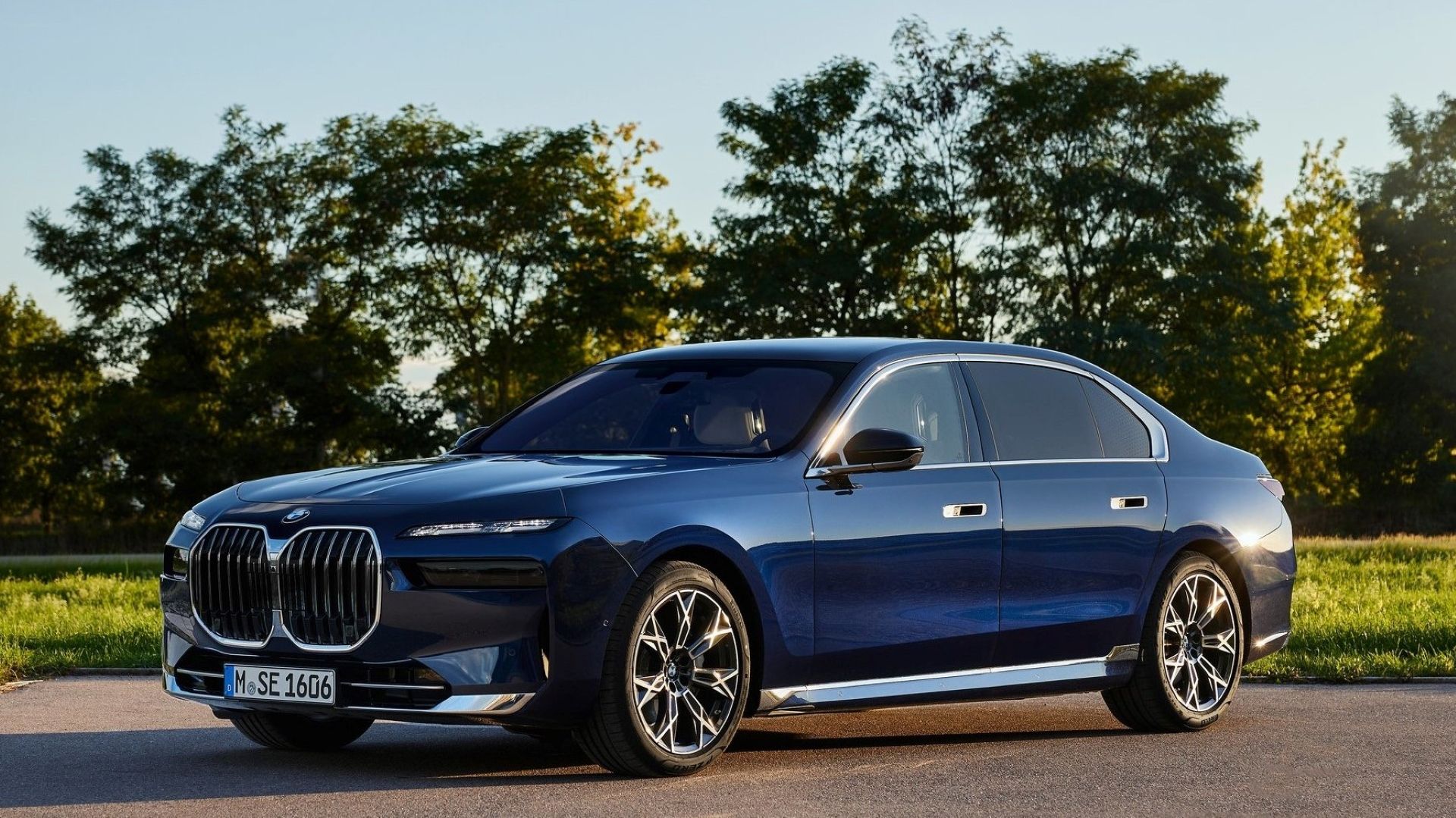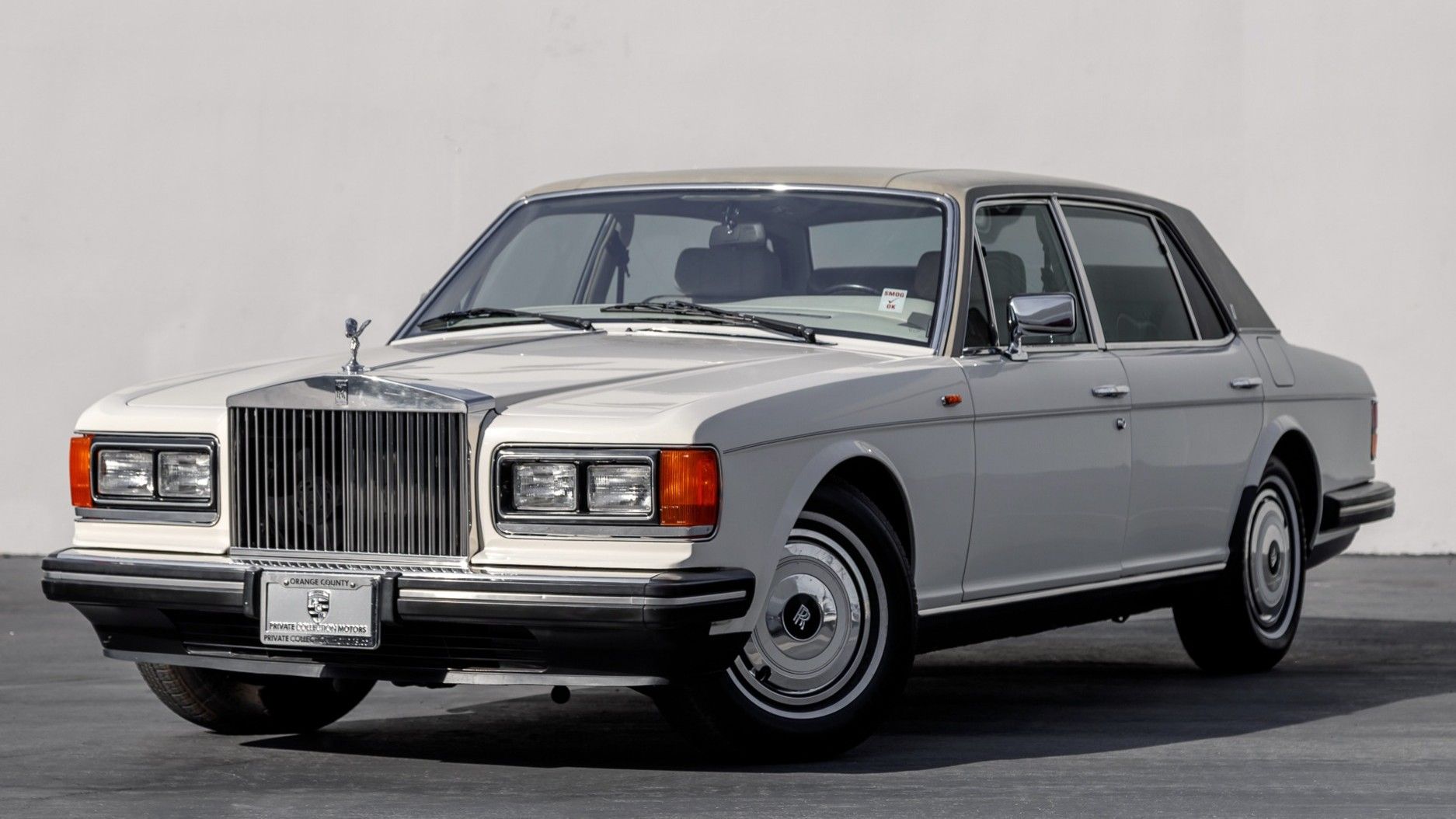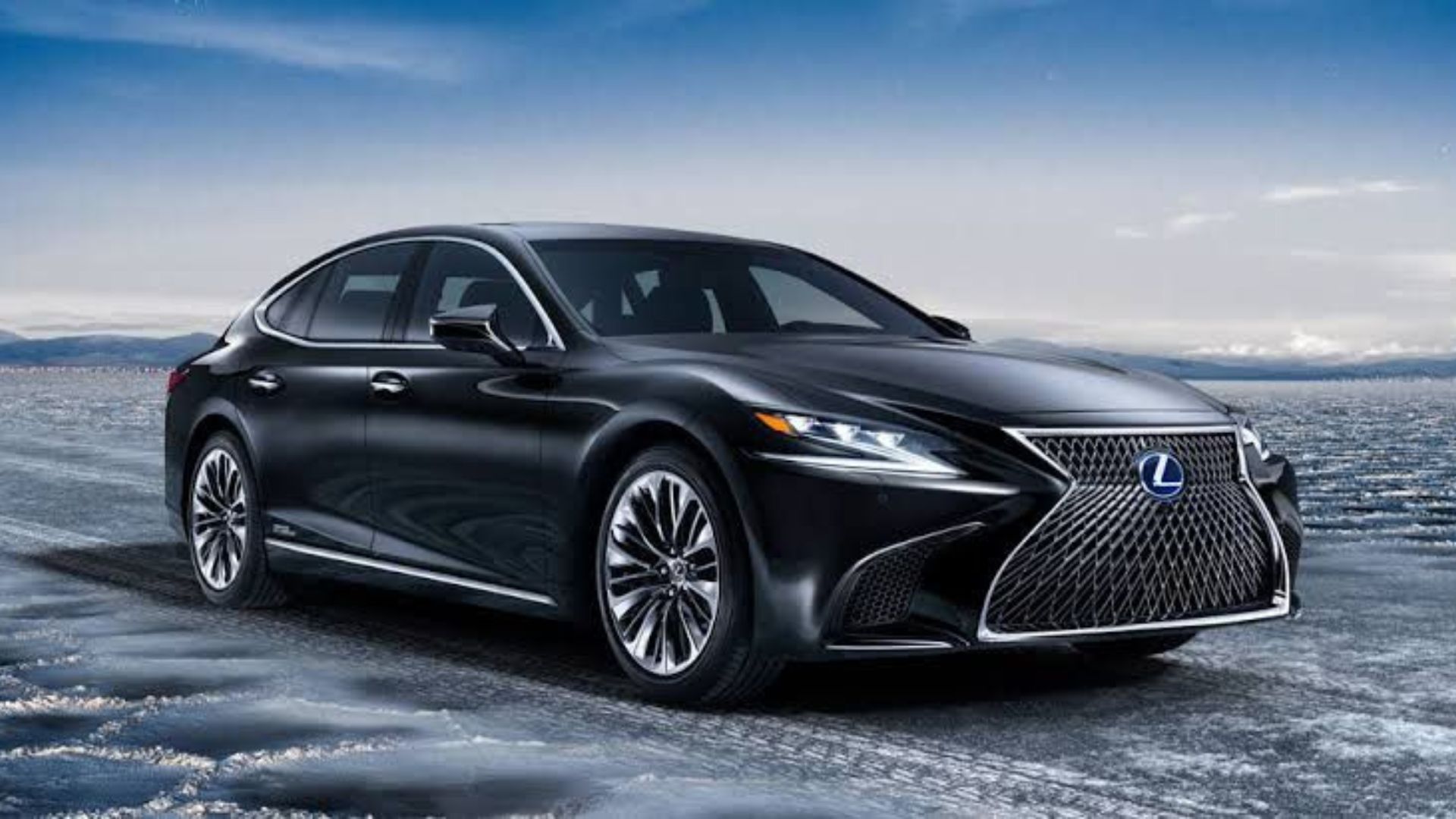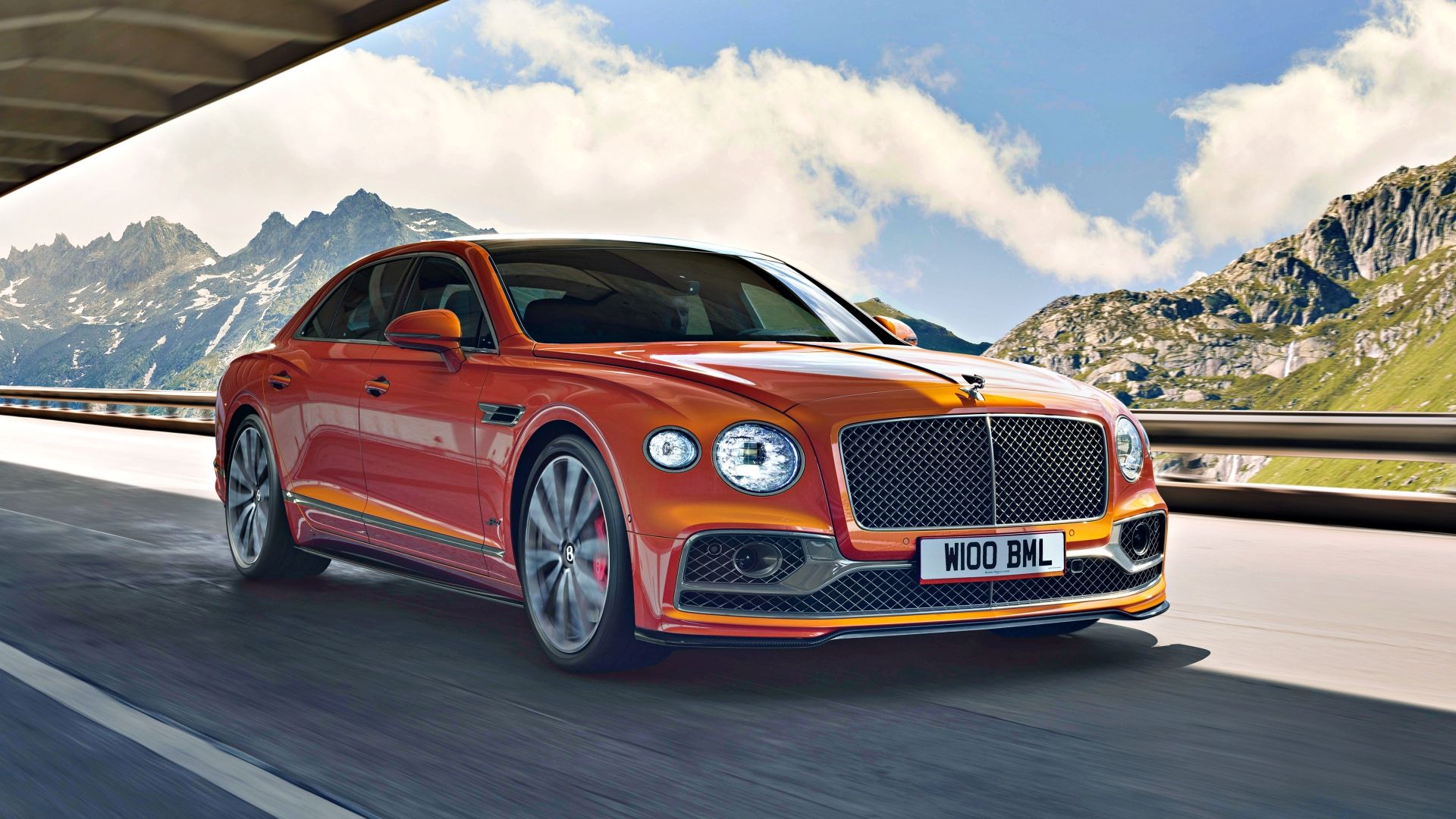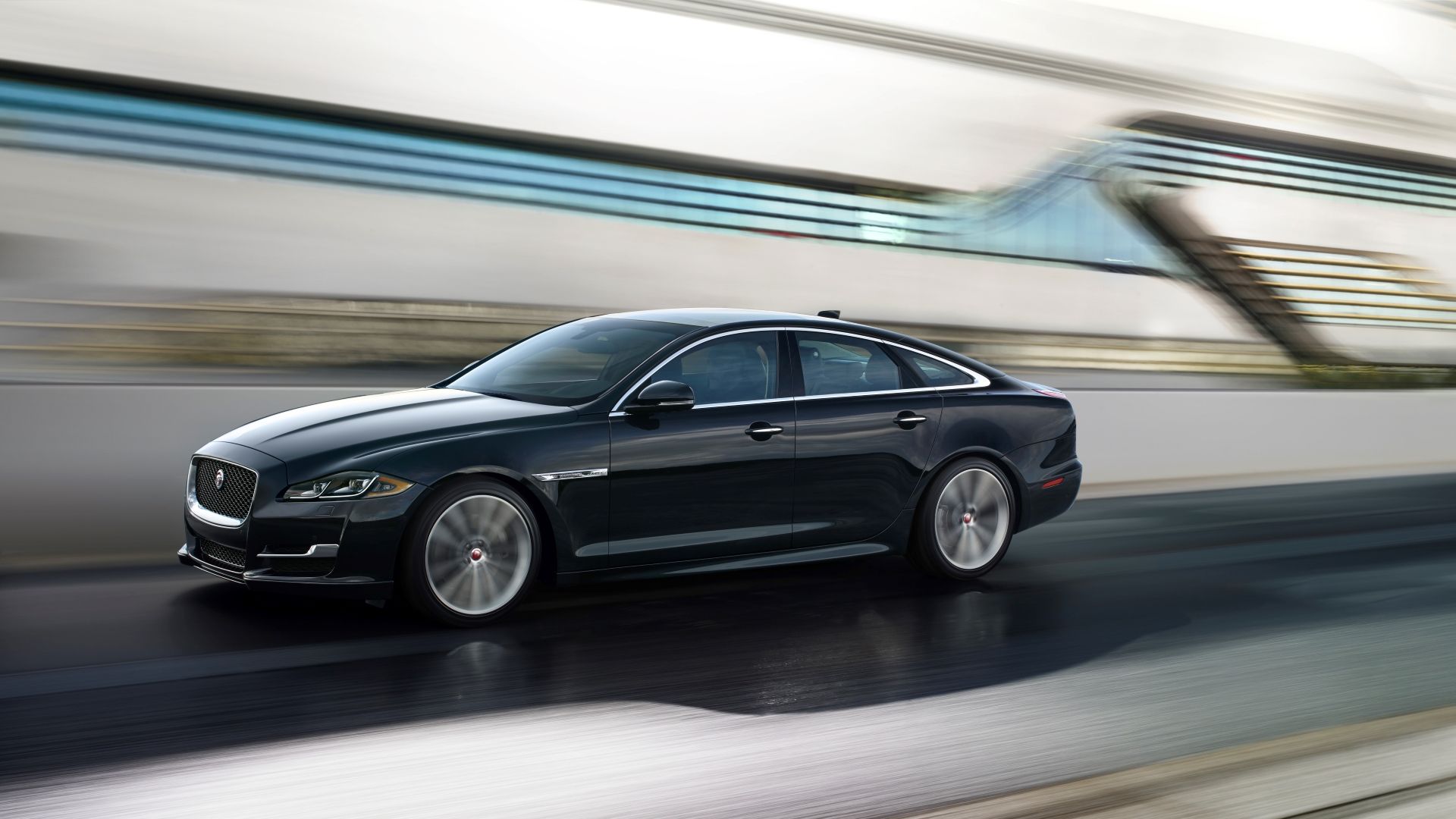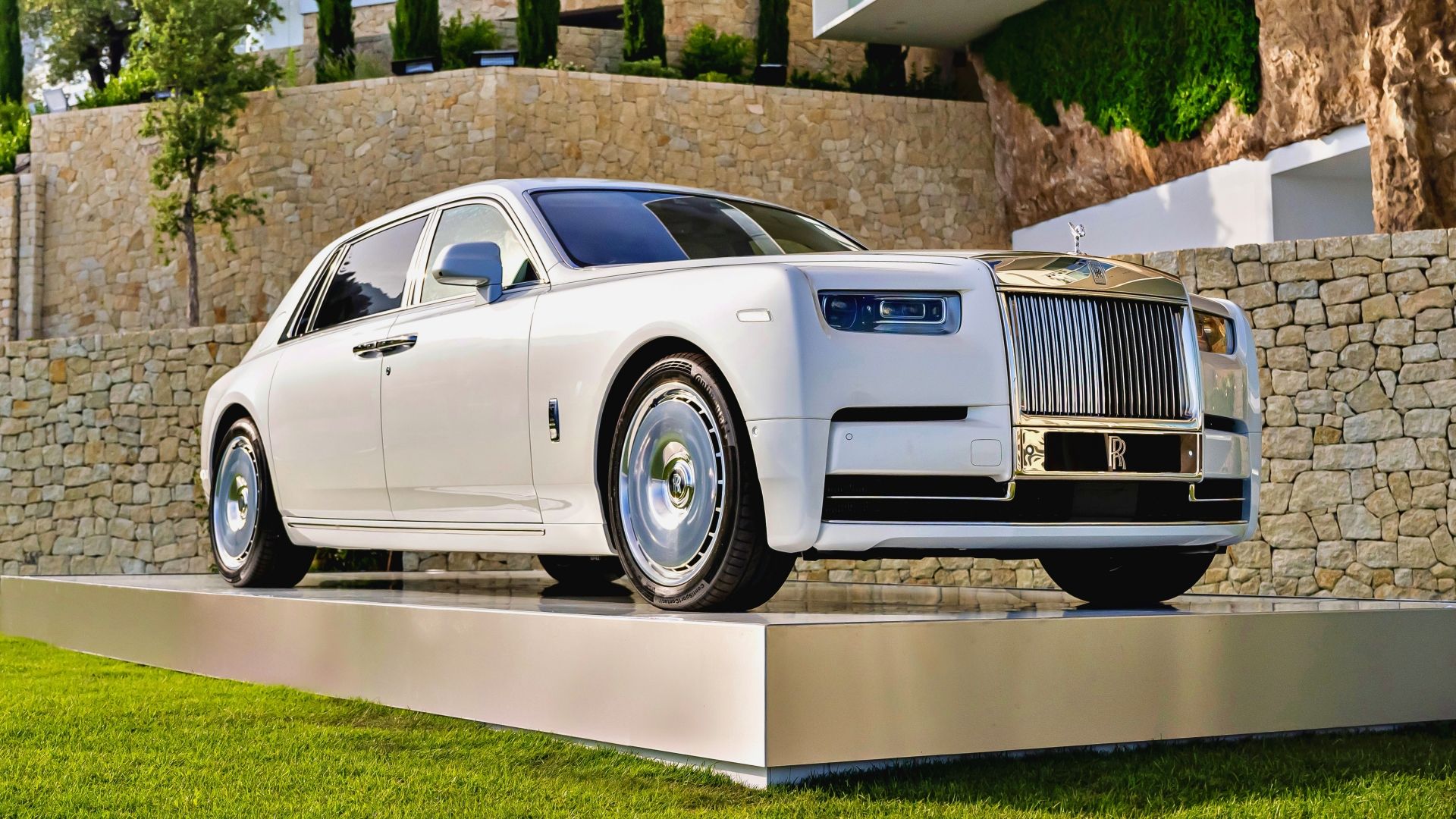Luxury cars epitomize opulence and comfort in the car world. Everything about luxury cars is top-notch, from the engine and bodywork to the interior trim and tech options. Their engines are often big, and in recent times, car manufacturers have introduced hybrid powertrains in their high-end vehicles. Luxury vehicles are incomplete without high-end leather, chrome wood-trimmed interiors, and in some cases, even carbon fiber.
They feature plenty of passenger space, top-of-the-range sound systems, and the latest interior car technology. But luxury doesn't come cheap. Entry-level models from the likes of BMW and Mercedes-Benz start around $35,000. Ultra-luxury options from Bentley and Rolls-Royce can cost as much as $450,000. High-end vehicles are a delight to own and drive, but there are several pitfalls to high-end car ownership. Here are 10 things no one tells you about owning a luxury car.
We have compiled data and information from websites like Car and Driver, CarEdge, and fueleconomy.gov, to put this list together of things you'll encounter as a first-time luxury vehicle owner.
10 High Maintenance Costs
Luxury cars are expensive to buy and to maintain. The general rule is to only buy a luxury car if you have the resources to maintain the vehicle over an extended period. It costs a lot more to maintain a Porsche Panamera than a Toyota Corolla: the maintenance cost of a Porsche over ten years is $22,075; the maintenance cost of a Toyota over a similar period is $5,996.
Several factors further inflate the maintenance costs of luxury car ownership. First, you may need to visit an authorized auto shop to perform service or repairs on your car. Authorized auto shops tend to charge more for their services. Second, working on high-end luxury cars takes longer as the vehicles are more complex. This increases the labor costs. Furthermore, the cost of high-end car parts is also high.
Maintenance costs of high-end cars are set to increase as manufacturers electrify and further add sophisticated electronics to their vehicles.
9 Depreciation Of Luxury Cars Is More Pronounced
Some of the highest depreciating cars are luxury vehicles. The depreciation of luxury vehicles is more pronounced due to their high initial values. Luxury cars drop in value sharply because their demand in the used car market is low. Most car buyers have no need for the luxuries of a high-end vehicle. An average car buyer will prefer a new Toyota Camry over a used Bentley with wood trim and leather. Further, people with the means to purchase luxury cars prefer to buy new ones rather than used examples.
Also, the expensive-to-maintain nature of luxury cars drops their value. Car buyers are aware that they could spend fortunes maintaining a used Maserati and will shy away from purchasing the vehicle at a premium. Consequently, sellers are forced to reduce the prices of used luxury cars, contributing to their rapid depreciation.
8 Unwelcome Attention
Some people buy luxury cars as status symbols. Manufacturers know this, so some allow customers to personalize their cars as they see fit. Rolls-Royces, Bentleys, Aston Martins, and Maybachs are symbols of opulence, wealth, prestige, and success. They are the types of cars you find in Monaco, Malibu, and Beverly Hills.
A significant portion of high-end vehicle owners want the world to know that they’ve made it. If you are one of those people, purchasing a Rolls-Royce Phantom will get you all the attention you want. Conversely, a few luxury vehicle buyers buy the cars simply because they are safe, comfortable, powerful, and high-tech. These owners have no desire for the spotlight.
Unfortunately for them, there’s no escaping the attention that comes with owning a luxury vehicle. The perception is that luxury car drivers want to be seen; people generally abide by that perception. They will bombard you with camera phones and ceaseless queries about how to make it big.
7 Most Luxury Cars Are Fuel Guzzlers
Luxury cars often come with big engines. Luxury parts add weight, forcing manufacturers to install powerful engines on high-end vehicles. These engines burn a lot of fuel. The Rolls-Royce Phantom, for instance, features a twin-turbo V-12 churning out 563 horsepower, more than enough grunt to lug the 5,750-pound car around with ease. As a consequence, the engine gulps a gallon of fuel every 14 miles. The Bentley Flying Spur, with its twin-turbo W-12 or twin-turbo V-8, doesn’t fare much better. The V-8 variant has a combined fuel economy rating of 17 MPG, while the W-12 variant has a 15 MPG rating.
Thankfully, fuel efficiency for luxury brands has improved and will keep improving as manufacturers electrify their cars. Bentley, for example, offers a 2.9-liter hybrid V-6 variant of the Flying Spur. It’s slower than its gasoline-powered siblings but much more economical: the vehicle manages 46 MPG in hybrid mode.
6 High Insurance Premiums
It generally costs more to insure a luxury car than it does to insure a regular vehicle. Insurers charge more because expensive high-end cars cost more to fix, and the insurance payoffs for luxury vehicles are often higher. For instance, the annual cost of insuring a Maserati Quattroporte is more than double the national full coverage average.
It’s advisable to purchase full coverage for your expensive vehicle. It’s legal in most States to only purchase liability coverage. However, liability insurance doesn’t cover your car. You can reduce the cost of high-end vehicle insurance by looking for insurance discounts. Some insurers provide special policies that cover luxury cars. They are often cheaper, but they impose conditions like mileage limits on the owner.
5 Used Luxury Cars May Have Outdated Technology
Used luxury vehicles can be dirt cheap due to their high depreciation rate. Some depreciate so much that they cost about the same as new everyday cars. However, used luxury vehicles, especially ones with high mileage, don’t attract many buyers. They may have leather seats in roughly good condition and shiny wood trims, but their tech is bound to be outdated.
Newer versions of luxury cars often feature better technology and are usually better equipped. It may not be possible for manufacturers to send over-the-air updates to improve the used cars' systems, leaving owners with glitchy and out-of-date navigation systems. Another crucial problem with used luxury cars is maintenance. Used high-end vehicles still need regular maintenance. To make matters worse, older high-end cars tend to have worn parts, which aren’t cheap.
4 Luxury Cars Are Targets For Thieves
Premium cars are prime targets for thieves because luxury cars or parts from high-end vehicles are pricier on the black market. Keyless entry, a cool car feature, has made it easier for thieves to steal cars. People can purchase devices from online markets like Amazon that unlock your car with minimal fuss.
The increase in premium car thefts is a global issue. In the U.K., the number of premium vehicles stolen in the first six months of 2019 was more than the number of premium cars stolen in 2015. Luxury and sports cars are more alluring to thieves than other vehicles. The National Insurance Crime Bureau recommends the installation of anti-theft devices and parking in well-lit areas to deter potential thieves.
3 Luxury Cars Are Fast and Powerful But Not Sporty
Luxury cars often feature powerful engines, which provide impressive straight-line speed. A 2024 Rolls-Royce Phantom, for instance, rockets to 60 MPH in 5.1 seconds, an impressive feat for a 5,750-pound vehicle. However, luxury cars are not sporty; they are tuned for comfort and kitted for luxurious travel.
Most sports cars eschew high-end options like wood accents and leather sets because they add weight. The astronomical curb weights of luxury cars make them unsuitable for track actions, their powerful engines notwithstanding. Also, high-end vehicles have soft suspensions suited more for comfortable travel than tire-shredding track action.
2 Leasing A Luxury Car May Be A Better Financial Decision Than Buying One
Many luxury car owners lease their vehicles from dealerships instead of buying them. Leases typically last between two and four years, and the money a lessee pays is the difference between the MSRP and the car's expected value at the end of the lease period. Basically, the lessee pays for the car’s depreciation.
People prefer leasing over buying for several reasons. Firstly, they only own the car for the period covered by the warranty. Also, some premium vehicle automakers offer free maintenance during the lease. Thirdly, leasing allows the lessee to dispose of the vehicle for a newer model without selling it or negotiating for a trade-in.
1 People With High-End Cars Are Sometimes Considered Obnoxious
Luxury car owners are often revered for success and viewed as role models. However, some luxury carmakers are considered obnoxious people without respect for road rules and etiquette. Studies have actually found that upper-class individuals, the type who drive luxury cars, are more likely to violate traffic codes.
Another study found that unempathetic and stubborn men were more likely to drive high-status cars. Conversely, it also found that thoughtful and conscientious people tend to buy high-end vehicles. It appears that the cars aren’t the problem; it’s the type of people that own them. You decide the kind of luxury car owner you want to be.

